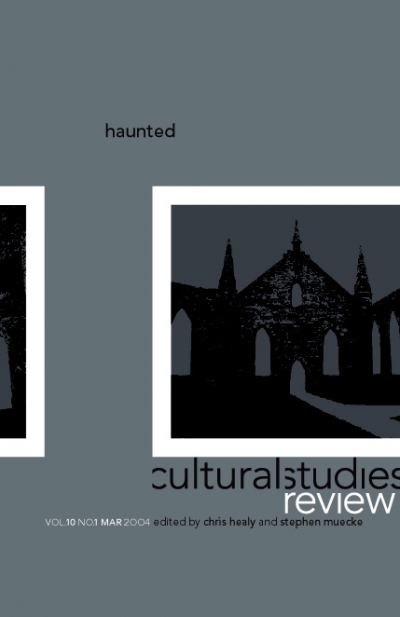Meanjin
Meanjin, Vol. 66, No. 4 & Vol. 67, No. 1 edited by Ian Britain & Griffith Review 20 edited by Julianne Schultz
The latest issue of Meanjin is excellent. Ian Britain and his co-editor, Jennifer Digby, have assembled a group of learned contributors to address the theme of ‘Crime and Law’. The interaction between their wide range of experiences and orientations – professional, personal, poetic – makes the journal a fascinating read. The essays are strong, diverse and engaging.
Justice Michael Kirby’s affecting meditation on the significance of the 1957 Wolfenden report on Homosexual Offences and Prostitution is both an erudite professional opinion and a personal account of how devastatingly the law can impinge on individual liberty in the name of religious morality. Despite the forceful recommendations of the report, widespread law reform on the decriminalisation of homosexuality was slow to occur. Australia only began to see legislative change on this issue as a part of Don Dunstan’s reforms in South Australia, in 1975. Drawing upon the work of Jeremy Bentham and John Stuart Mill, Kirby argues that ‘criminal law, with its heavy-handed punishments, stigma and shame, [is] not to be deployed on the basis only of scriptural texts and private sensibilities’.
... (read more)Meanjin vol. 66, no. 2 edited by Ian Britain & Griffith Review 17 edited by Julianne Schultz
Meanjin edited by Ian Britain & Overland 183 edited by Nathan Hollier
‘The best preserve of our humanity’, Ian Britain writes in his editorial to this edition of Meanjin (Only Human, 63:1, edited by Ian Britain $19.95 pb, 236 pp), remains words. Whatever ‘our humanity’ is, it is protected, kept alive, maintained, conserved – in language. ‘[C]ertainly’, he clarifies, in the ‘honed, considered words of the good … literary artist’, but perhaps even in ‘verbiage’.
... (read more)Meanjin edited by Ian Britain & Overland No. 181 edited by Nathan Hollier
Australian Literary Studies edited by Leigh Dale & Meanjin edited by Ian Britain
Cultural Studies Review edited by Chris Healy and Stephen Muecke & Griffith Review 5 edited by Julianne Schultz
I would now like to begin with a plea for small literary magazines. I now have a vested interest in their survival (well, one, in particular), but then, I always thought I did. Little magazines are essential to the vitality of Australian literary and political culture. They play an important role in nurturing new poets, critics, storytellers, and reviewers. In the current book-publishing climate, there are few other opportunities for publishing short stories, experimental fiction, or poetry. Small magazines instigate and foster cultural debate and present a diverse range of opinions. Many of the most important issues in Australian public life today were first raised and discussed in literary magazines, including the stolen generations and racial ‘genocide’, the perils of economic rationalism and globalisation, the politics of One Nation, and the implications of new media technologies.
... (read more)



